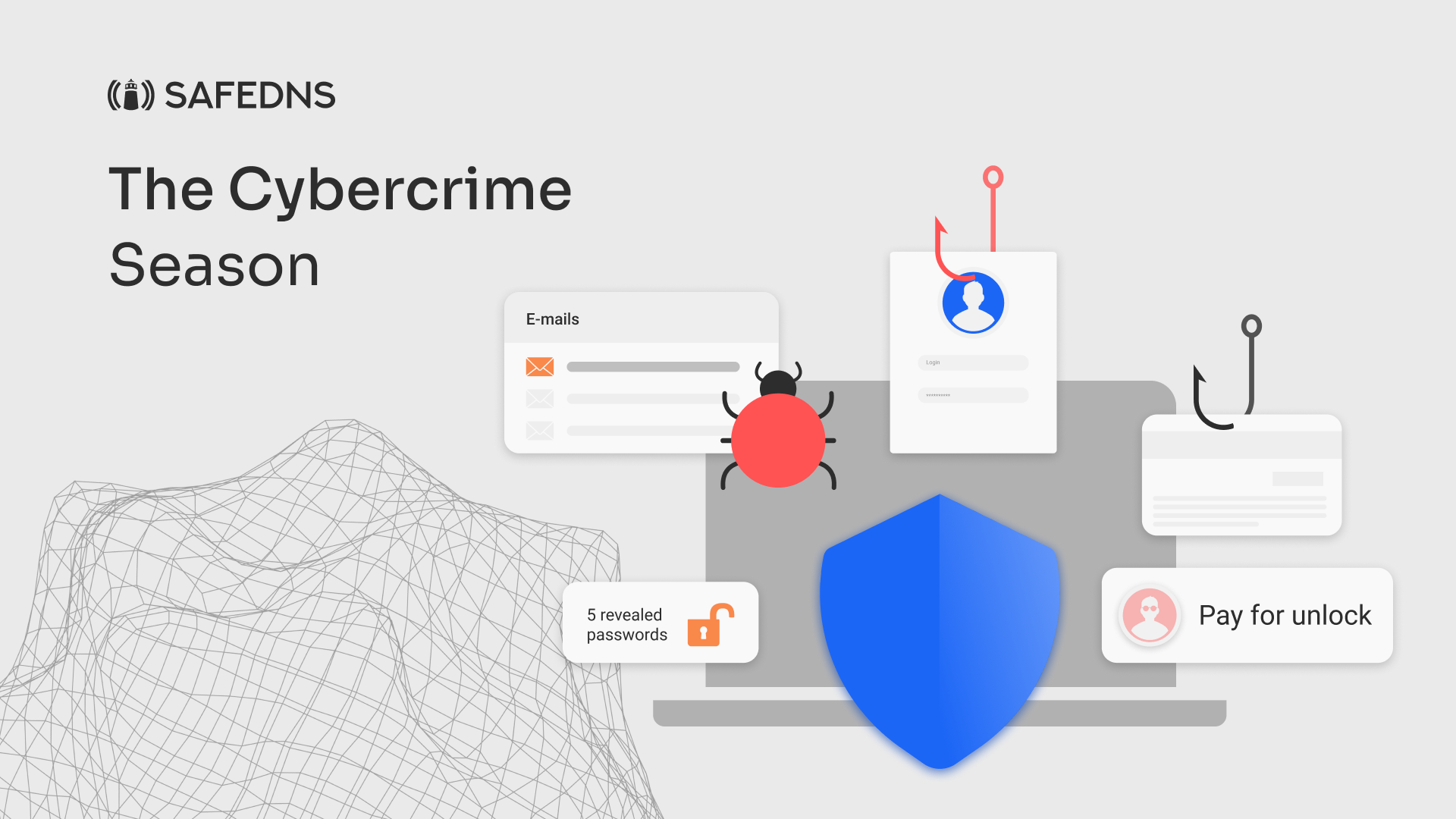
The Cybercrime Season
As the festive lights begin to twinkle and the holiday season approaches, there is a not-so-jolly phenomenon lurking in the digital shadows: the annual boom in cybercrime. The 2022 holiday season witnessed an alarming 550% increase in unique threats, painting a concerning picture of the cyber threatscape. Cybercriminals around the world are capitalizing on the holiday rush, leaving a trail of financial losses, fraud and compromised cybersecurity in their wake.
Counting the Cost
The financial loss from cybercrime during the holidays is staggering. In the UK alone, shoppers lost a jaw-dropping £10.6 million ($13 million) during the 2022 festive season. Norton's 2022 findings reveal that about one in three adults (34%) in the U.S. are taking more risks with online shopping as the holidays draw near, echoing a global trend where 32% of adults admit that they are more lax about online security during the festive season.
Why Cyber Attacks Surge During the Holiday Season
Festive Mood: The holiday season brings a range of emotions, from joy to stress. People may be more susceptible to cyber threats when they are distracted or emotionally charged, making them an easy target for phishing attacks.
Holiday Shopping Season: The holiday season sees a significant increase in online shopping as people search for the perfect gifts. Cybercriminals are capitalizing on this surge using tactics such as creating fake online stores, phishing emails, and malicious links.
Travels & Public Networks: With many people traveling during the holidays, the use of unsecured networks and devices has become prevalent. Cybercriminals exploit vulnerabilities in public Wi-Fi, compromising the security of those transmitting sensitive information while on the go.
Holiday Edition Scams: Scammers, hackers, and criminals are taking advantage of the goodwill surrounding the holidays by launching fake charity websites or gift cards and fraudulent travel offers to exploit people's generosity and trust.
Social Media Sharing: Holiday travels or family celebrations are often shared on social media. Cybercriminals may use this information to craft targeted attacks, such as phishing attempts or account takeover schemes.
Most Common Types of Holiday Season Attacks
Ransomware: Companies face increased vulnerability to ransomware attacks during the holiday season. The need to maintain uninterrupted operations and secure them during the busy season often makes companies more willing to pay the ransom as the potential loss of valuable data and the risk of operational disruptions become increasingly untenable.
DDoS Attacks: Distributed Denial of Service attacks surge, targeting sites, organizations and online services to overwhelm them and disrupt their normal functioning. This leads to frustration among both employees and customers and causes a significant impact on both revenue and productivity.
Account Takeover (ATO): During the holiday season, many factors cause people to pay less attention to their digital hygiene. This helps cybercriminals gain unauthorized access to user accounts by exploiting compromised credentials for various malicious activities.
Recommendations to Reduce Cybercrime Risks
- Stick to well-known and reputable online retailers to minimize the risk of consumers falling victim to fake websites.
- Enable two-factor authentication (2FA) whenever possible to protect your accounts from unauthorized access.
- Regularly update antivirus and security software to stay protected against the latest threats.
- Avoid entering sensitive information anywhere when using public Wi-Fi, especially when traveling.
- Before making donations or taking advantage of holiday deals, verify the legitimacy of the company on the websites and offers to prevent falling for scams.
- Proactively safeguard yourself against malicious websites, phishing attempts, and harmful content using web filtering that blocks access to dangerous resources and provides one more layer of security.
- Educate yourself and stay informed about common cyber threats and scams to recognize and avoid potential risks.
By understanding the reasons behind the increase in cyber attacks, recognizing specific threats, and implementing recommended security measures, you can protect yourselves from the Grinches of the cyber world.
Let's celebrate the holidays with joy, warmth, and a commitment to protecting ourselves and our digital cheer.
Take advantage of the SafeDNS trial period and try all the best features

